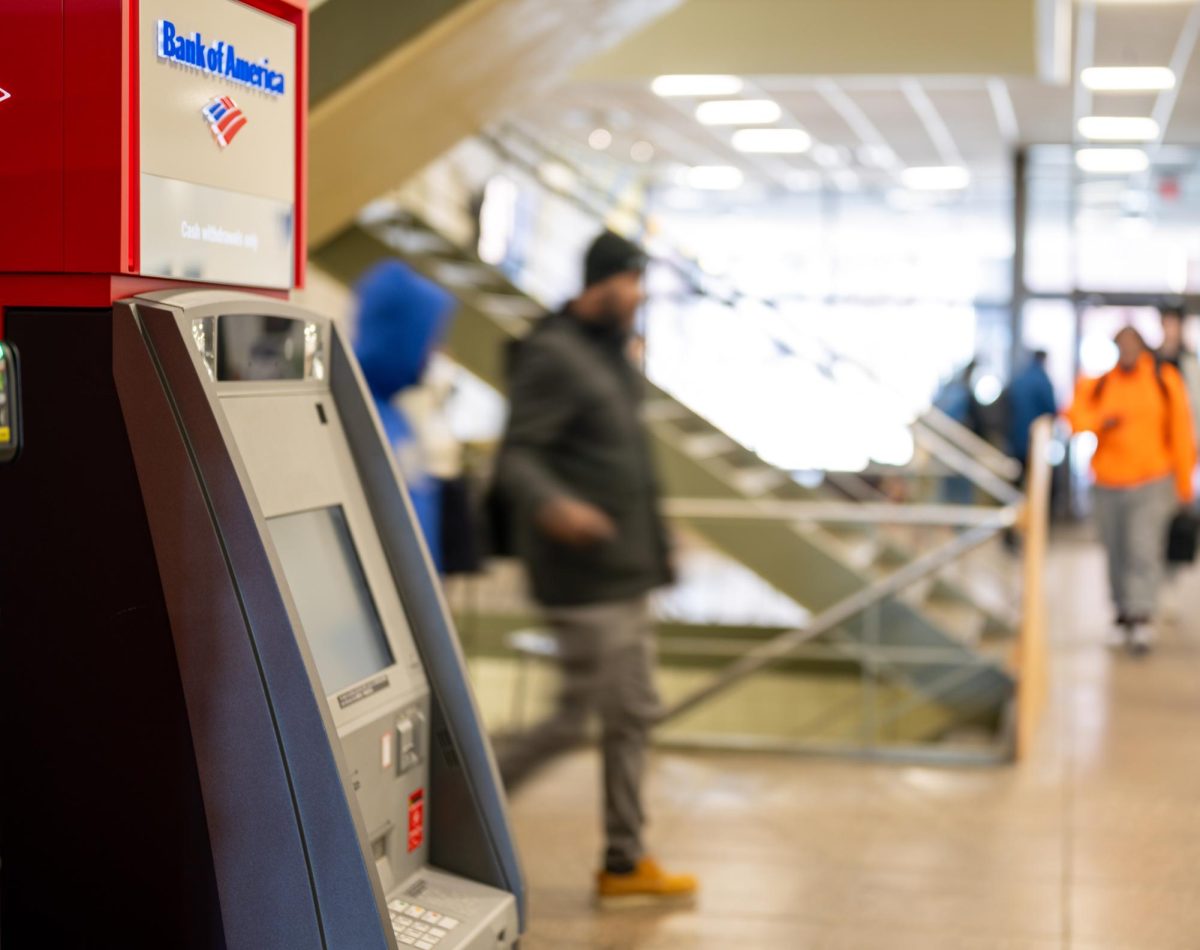In a recent email from Enrollment Management, iGrad was announced for UMass Boston students. Developed by financial aid professionals, iGrad is a free personal finance platform designed to promote financial literacy. Other universities around the country—such as Arizona State University, New York University and the University of Southern California—have similar platforms for their own student body.
When logging into iGrad with UMass Boston credentials, the first thing that pops up is a welcome screen. This screen tells users they can take a “financial wellness” checkup, as well as discover what their “money stress” and “money personality” are. What these terms mean will become clearer after navigating through iGrad.
The financial wellness checkup begins by asking users about their education and career prospects. Have they taken out student loans for college? Are they currently employed? Will they be looking for a job after graduation?
Once they answer all of these questions, the next category is “money basics.” This pertains to what bank accounts a user has, whether they have expenses saved in an emergency fund, how often they use a personal budget to track spending and whether or not they have family members that rely on them financially.
The other categories are credit and debt, future goals and financial protection. Users will be asked what kind of debt they currently have, what future goals they want to achieve and what types of insurance they pay for.
After completing the entire checkup, users are brought to their dashboard, where they can see unique recommendations for actions based on their financial wellness. For example, for someone who is unemployed, they will be recommended guides on job searching and networking.
If a user goes back to their dashboard, they will be able to get an analysis of their money personality and money stress. However, what do these terms mean?
According to iGrad, a money personality is how someone’s personality type relates to their strengths and weaknesses with money. A money personality is made up of four categories: emotions, outlook, focus and influence. How does someone feel about money? What’s their viewpoint on money? Are they focused on the present or the future? And how do other people impact someone’s financial decisions?
On the other hand, money stress is less broad, focusing on a user’s sources of financial stress and, therefore. their weaknesses. Financial stress consists of emotional, cognitive and behavioral impacts, while coping with stress can come from avoidance or appraisal.
Money personality and money stress are a part of iGrad’s “mindfulness” initiatives. The aim for a user in discovering more about themselves is to find clarity and overall lower their financial stress. Other initiatives include meditations to lower physical stress and journaling to record thoughts and worries about finances.
iGrad was created to be a fun and easy-to-navigate platform. To reflect this, iGrad has a “leveling” system where users can earn experience points, or XP, as they learn more about financial literacy topics. Experience points are used to level up, akin to a video game. Other educational websites such as Khan Academy have created similar “gaming” methods to promote learning.
However, while Khan Academy rewards users with virtual items such as badges, iGrad XP can actually be used to enter sweepstakes. The monthly sweepstakes is a cash prize of one thousand dollars. The more XP a user earns, the more entries they are granted.
iGrad is an all-in-one website to not only learn more about oneself and improve financial habits, but also to gain skills in areas that were never considered before. This is all made possible by an interesting and engaging platform.


